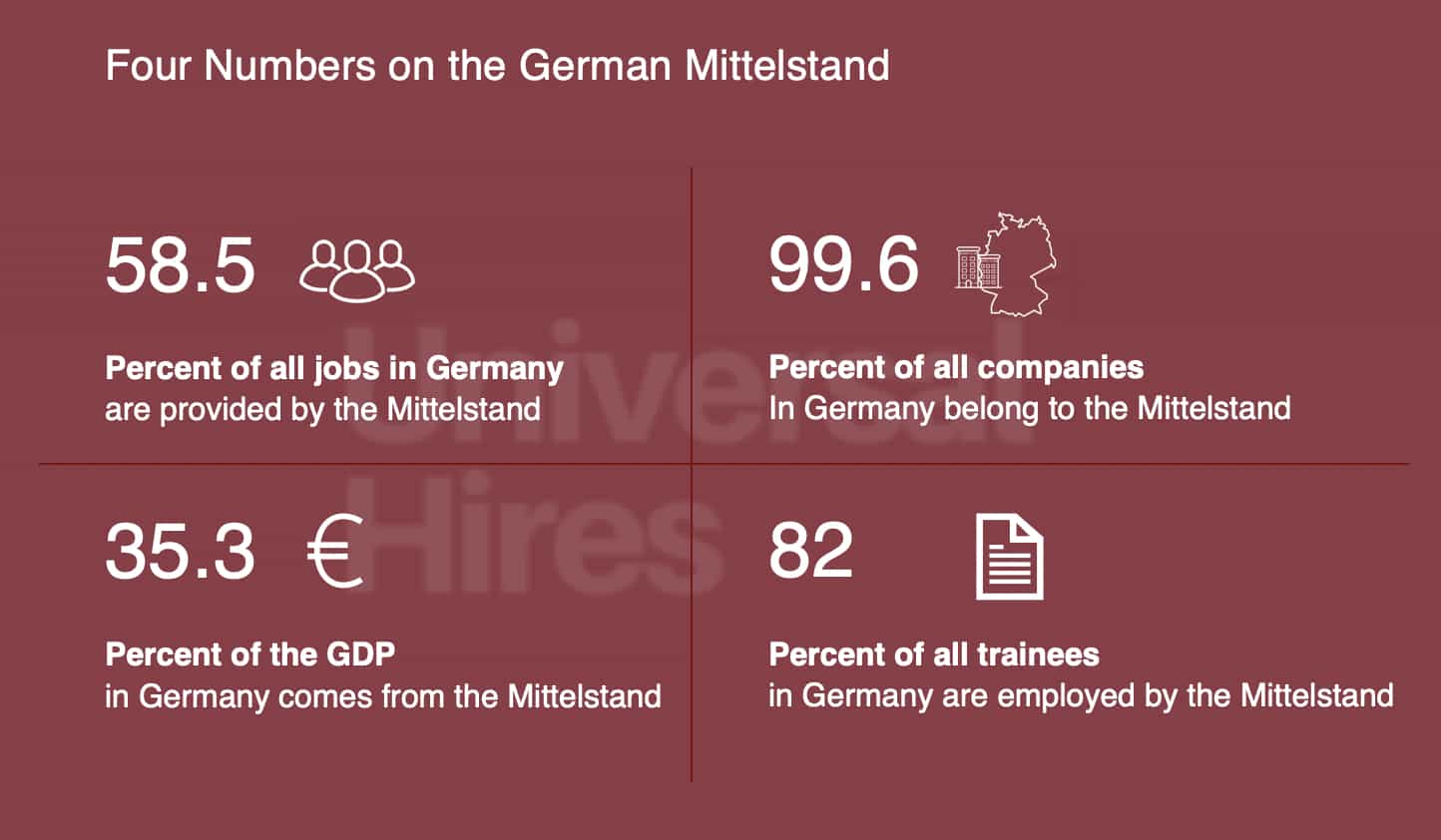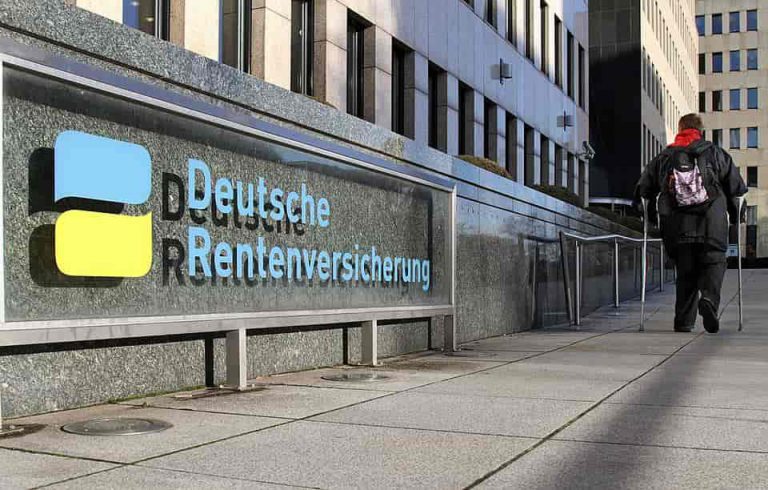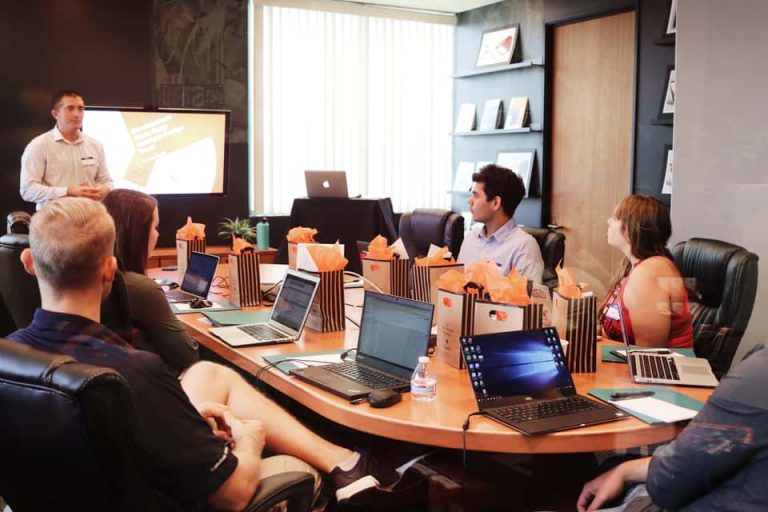Medium-sized companies are the success factor of the German economy. They account for more than half of the German GDP and create almost 60 percent of all jobs. The following guide will provide a deep insight on what makes the German SME companies so successful.
In most cases, the general public has the impression that Germany consists only of large companies. It is important to keep in mind that some 3.5 million companies in Germany are actually medium-sized enterprises, according to Statista. That is about 99.5 percent of all private sector companies in the country.
Almost 90 percent of them has an annual turnover of less than one million Euros. Nonetheless, Mittelstand companies employ almost two thirds of all employees and offer around 80 percent of all training positions available.
The German Mittelstand as a model for success
Germany as a global center of business is characterized by its small and medium-sized enterprises (SMEs) that are forming what is globally known to be the German Mittelstand. The strength of the economic model is not based on the dominance of some individual companies, sectors or economic regions – but on the diversity of its small, medium-sized and large companies.
In most cases, they are specialized in a wide variety of areas, often closely connected and located across the country. Three-quarters of the companies can be found in the services industry. The highest proportion of 35% is in business-related services. Only around 7% of SMEs are active in manufacturing.

Diversity of the Mittelstand
The scope ranges from traditional family business to innovative start-ups. From handicraft businesses to self-employed service providers. From highly innovative tech companies, from the regional supplier to the global player, from the solo or micro enterprise to companies with many hundreds of employees worldwide.
It is worth mentioning that medium-sized companies include traditional brands as well as newcomers or lesser-known brands that equally stand for quality, precision and innovation. It is this mixture that makes German medium-sized businesses strong.
A strong partner for Germany’s large corporations
Companies in the German Mittelstand cooperate closely with large corporations and take on tasks along the entire value chain.
As a reliable – and often highly specialised – partner, the Mittelstand covers upstream and downstream stages of the value-added process to help large companies to implement innovative and complex products, services and system solutions.
German Mittelstand’s strong international presence
Around 44 percent of German companies contribute directly or as suppliers to the overall foreign trade success of the German economy. From an annual turnover of two million Euros, at least every second company has foreign activities.
Going abroad is also worthwhile for small companies: This can be seen from the fact that even very small companies generate on average more than 20 percent of their turnover from foreign business activities.
A driver of innovation and technology
In an EU comparison, German SMEs perform very well in terms of innovation activities: more than 42 percent of German SMEs brought a product or process innovation onto the market in 2014; the EU average was a good 30 percent.
Many small companies, mostly family-owned, are also world market leaders Hidden Champions with high-tech products in certain market niches or in supply chains for large companies.
The German Mittelstand as a corporate culture
A disproportionately high number of these Hidden Champions are originated from Germany. In close contact with their worldwide customers, they produce highly specialized and mostly innovative products and problem solutions.
The recipe for success: top quality, high depth of value creation and concentration on the company’s own competencies.
Diverse, dynamic and innovative
Thanks to these strengths, small and medium-sized enterprises have proofed themselves to be enormously crisis-resistant and make a decisive contribution to competitiveness and the high level of employment in Germany.
Even in a difficult global economic environment, small and medium-sized companies are pursuing a long-term human resources policy, investing in their employees and providing training.
In this way, small and medium-sized enterprises help Germany achieve economic and social stability and the lowest youth unemployment in Europe.
Outlook: How digitization challenges the German Mittelstand
The promotion of digitization among small and medium-sized enterprises plays a central role for future competitiveness, growth and prosperity in Germany. Digitization can be described as the implementation of projects for the first or improved use of digital technologies in a company’s processes, products and services. In addition, this also includes the implementation of new digital marketing and sales concepts.
To this end, Germany has created the ambitious term “Industry 4.0”, which describes the consistent entrepreneurial exploitation of all the opportunities that a digitally networked world potentially offers.
The biggest hurdles in the digital transformation for the German Mittelstand are:
- Lack of finding talented IT staff, both on a technical and human resources level;
- Unresolved questions of data security and data protection;
- Problems with the organizational adaptation of processes;
- Lack of broadband Internet access.
In addition, there are many challenges at different levels that go hand in hand with a digital transformation. Above all, disruptive changes have a lasting effect on customer needs, competitors and employees.
These include the current state of the IT infrastructure, which provides information about the state of data quality or data management in companies, which in turn determines the future value of a company.
Another factor is the dynamic customer needs, which lead to changes in value chains in production as well as a change in needs in the consumer goods sector. One example of the latter is sharing alternatives in the area of mobility.
How useful was this post?
Click on a star to rate it!
Average rating 3.5 / 5. Vote count: 2
No votes so far! Be the first to rate this post.











